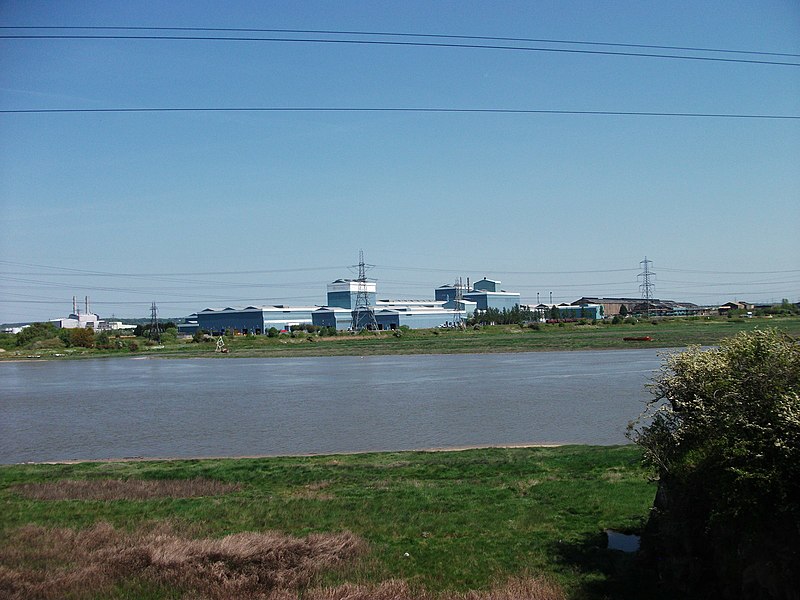
The UK government is reportedly engaging in advanced funding discussions with Tata Steel to ensure the sustainability of its Port Talbot facility, a development welcomed by the area's Member
of Parliament, Stephen Kinnock. However, Kinnock emphasizes the necessity of garnering support from Tata's workforce for any new agreement.
According to Sky News, the proposed deal could secure £1 billion for the Port Talbot site but might result in up to 3,000 job losses across the UK in the coming years. The preliminary plans include a commitment of approximately £500 million in funding from Westminster.
Tata Steel's parent company is expected to invest £700 million in capital expenditure, primarily aimed at transitioning away from environmentally harmful coal-fired blast furnaces. As part of this transition, the company is reportedly planning to build electric arc furnaces, which offer a more eco-friendly and less labor-intensive method of steel production compared to traditional blast furnaces.
Kinnock took to social media to express his views, stating, "All investment is welcome, but electric arc furnaces aren't the only route to steel decarbonization. Hydrogen, among other options, must also be included in the mix to ensure the continued production of various steel types and the safeguarding of the future of all steel plants."
He further stressed the importance of involving unions and gaining the support of the workforce in the implementation of the plan.
Sources close to the negotiations with the steel industry have suggested that up to 3,000 employees in the UK may face job losses as a result of this transition. Tata's Port Talbot operation currently employs around 4,000 workers.
In a statement, Tata Steel acknowledged the challenges posed by the approaching end-of-life status of several of its heavy assets. The company emphasized the need for government investment and support to facilitate significant changes, as observed in other European steel-making nations actively supporting decarbonization initiatives.
Community, the steelworkers' union, emphasized its ongoing discussions with the company and the absence of an agreed-upon decarbonization strategy for Port Talbot. The union remains committed to finding a solution that preserves blast furnace production and secures the future of all UK steel plants, vowing to utilize all available means to protect jobs and the vital strategic steel industry.
Sharon Graham, Unite general secretary, criticized the reported plans and announced the union's intent to launch a substantial campaign to safeguard jobs. She expressed disappointment that the government was not capitalizing on the opportunity to make the UK the green steel capital of Europe.
The Welsh government reaffirmed its collaboration with Tata Steel and its persistent calls for the UK government to expedite support measures to secure steel production at Port Talbot. The Welsh government stressed the possibility of achieving a low-carbon future for Welsh steel with decisive action from the UK government. Photo by Tata Steel Colorcoat plant by John Haynes, Wikimedia commons.




































